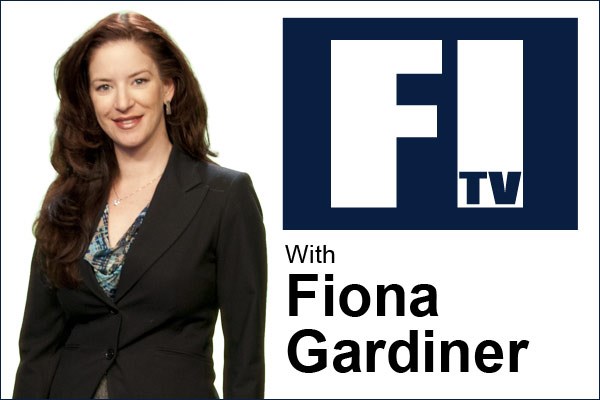In television, we’re constantly trying to satisfy the majority. That doesn’t mean we say “yes” to every request. But we do look for ways to satisfy the minority too. However, I was recently reminded of the old adage: You can’t be all things to all people. And on television, it’s even truer.
Last week, the TV station got a call from a viewer who was offended by a comment I made. During the weather forecast, I had referred to Thanksgiving in passing as “Turkey Day.” This caller felt I had disrespected the tradition and likened it to saying “Happy Holidays” instead of “Merry Christmas.”
I had meant no offense. Obviously, nicknames are a sore spot for this caller. But since the next few months are ripe with celebrations, should I be concerned about other holidays too?
Would I be targeted by viewers for not calling Halloween by its original, traditional moniker, “All-Hallows Eve”?
And what about Remembrance Day? It’s often referred to as “Poppy Day” due to its national symbol and the flowers that are worn. In fact, that the holiday’s official name in Africa. Of course, it was originally “Armistice Day” until 1930. Was the caller offended by that change in name too?
Now, the argument for “Merry Christmas” versus the more generic, less specific “Happy Holidays” on television has been going on for years. Christmas, after all, is a specifically Christian holiday. And not everyone celebrates it.
For some, December is about Hanukkah (Judaism), Bodhi Day (Buddhism), Solstice (Pagan), or Kwanzaa (African-American). Consequently, many TV stations throughout North America use the term “Happy Holidays” to be more inclusive to their viewers – regardless of what they’re celebrating.
And yet, people get upset every year about a choice to be more inclusive?
As for Thanksgiving, there are no religious overtones or past ancestors being honoured. The Canadian Thanksgiving is believed to come out of Samuel de Champlain’s celebration in Port-Royal on Nov. 14, 1606 with both Europeans and Indigenous peoples at the table. It was known as an “Order of Good Cheer” dinner.
For the colonists coming to Canada, the point of the meal was to help them avoid scurvy and malnutrition. Meanwhile, the Mi’kmaq tribe were invited merely to entice them to agree to European sovereignty.
What followed were centuries of smallpox, Christian “conversions”, treaty violations and the occasional scalping – by the whites. Odd that the annual Thanksgiving movies and TV specials never really get into that part.
So we’re celebrating the damage done by our colonial ancestors. And apparently, doing so a month too early for accuracy.
In fact, what became known as “Thanksgiving” has been adopted as a lovely reason to bring people together and appreciate what they have. During recessions and wars, it was a simpler event. Today, it’s more elaborate. It’s constantly being re-interpreted for what people need at the time.
And what we need right now in this COVID-riddled, politically-charged, violent time is to not sweat the small stuff. And just be thankful we’re here for another holiday. Whatever it’s called.

